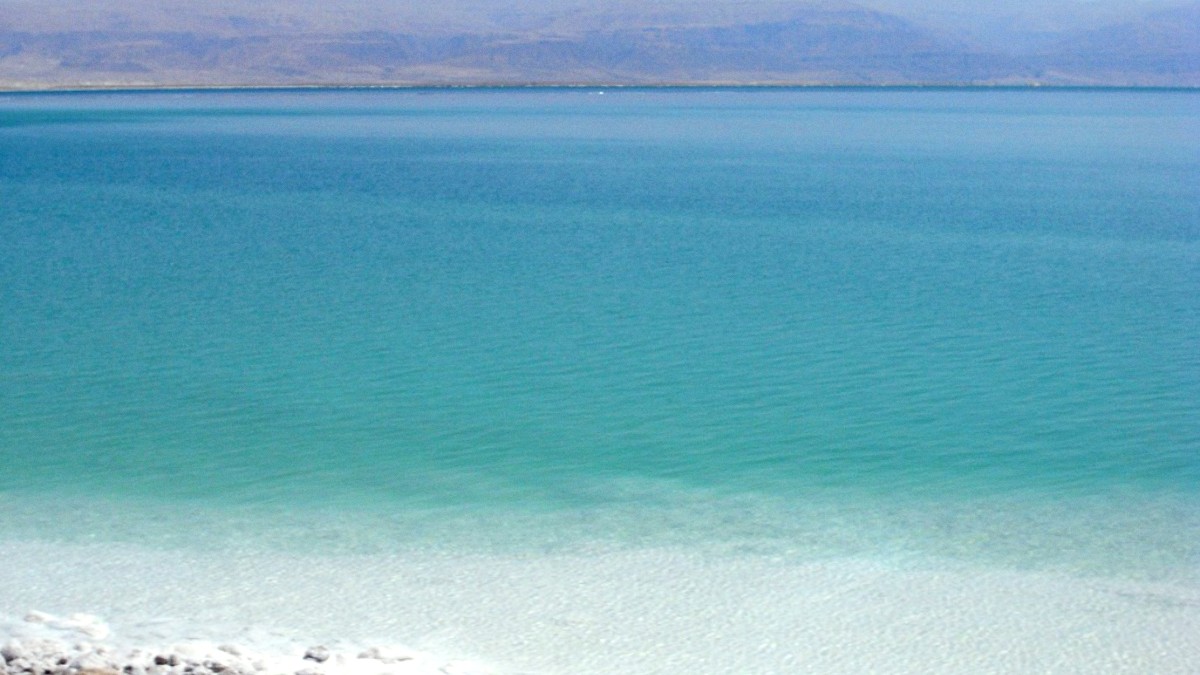
Israel And The Palestinian Territories
Public buses are the most common way to get around the Dead Sea area if you do not have a rental car. Egged is the most common and reliable form of public transport. It provides intercity travel and connections to major sites. Buses run regularly along Route 90, serving locations like Ein Bokek, Ein Gedi, Masada, and towns like Arad and Dimona, which connect to Beersheba and Jerusalem.
Sheruts (shared taxis) operate on fixed routes. They depart when full and can be slightly faster than buses. Sheruts also operate on Shabbat, when buses do not. They are less common directly along the Dead Sea resorts but are prevalent for routes like Jerusalem to Jericho or Jerusalem to Beersheba.
Buses run early morning to late evening. No public buses on Shabbat (Friday evening to Saturday evening).
Use the official Egged website or the Moovit app for up-to-date routes and schedules.
Modern Egged buses are generally accessible, featuring ramps or lifts.
White with a yellow roof sign. Required to use meters.
Hail on street, find at stands, or call by phone.
Cash (ILS) preferred, some accept credit cards. Confirm upfront.
Gett and Yango are widely used. Uber partners with licensed taxis.
Renting a car offers the most flexibility for exploring the Dead Sea region. Understand the requirements and local driving laws.
Ein Bokek has a promenade. Ein Gedi Nature Reserve has designated walking and hiking trails.
Guided tours are available for Masada and Ein Gedi, offering historical and natural insights.
Stick to marked trails in nature reserves. Do not venture off-path in desert areas due to heat or uneven terrain.
Some unique transport options serve specific attractions or tour preferences.
Ben Gurion Airport (TLV) is the main international arrival point.
Allows for direct flights from many global hubs.
Border crossings from Jordan, like Allenby/King Hussein Bridge, serve as entry points.
Requires attention to visa and departure tax rules.
The Dead Sea's landlocked nature and high salinity preclude sea or river transportation.
Focus on air and land travel for access.
Navigating the Dead Sea region is diverse, with options for all preferences.
Offers maximum flexibility and freedom to explore at your own pace.
Suitable for specific areas like Ein Bokek promenade or Ein Gedi trails.
Organized day tours simplify logistics for multi-site visits.
Whether by public bus, taxi, rental car, or on foot, the Dead Sea region offers diverse ways to explore its wonders.
Choose the option that best suits your travel style and itinerary for a memorable experience.